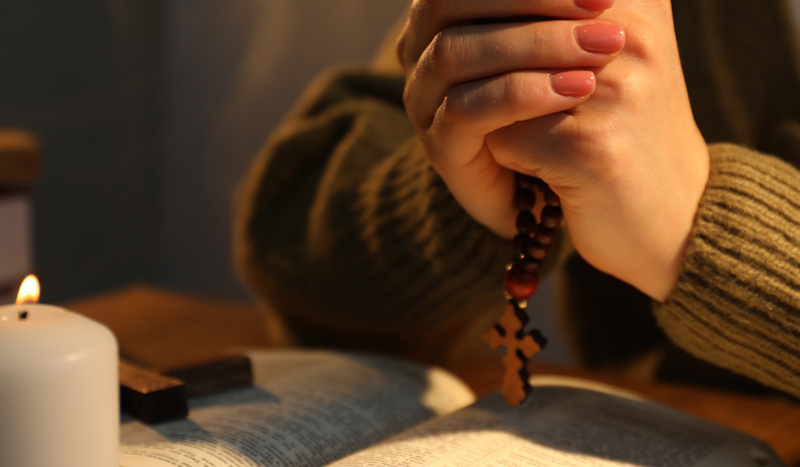
Adobe Stock
The United States Conference of Catholic Bishops (USCCB) is preparing to observe the 2025 Religious Freedom Week from June 22-29, during which they encourage the faithful to pray for intentions related to political polarization, international Christian persecution, and conscience rights, among others.
The USCCB announced in a June 18 press release that the theme for the 2025 Religious Freedom Week is “Witnesses to Hope.”
“Through prayer, education, and public action during Religious Freedom Week, the faithful can promote the essential right of religious freedom for Catholics and those of all faiths,” the USCCB stated.
The 2025 theme echoes the Jubilee “Year of Hope” that the Universal Church is celebrating, encouraging Catholics to share with the world the mercy and hope found in Jesus Christ.
The faithful are invited to pray daily for a special intention designated by the USCCB. Day one prays against political polarization and day two prays against IVF mandates and “for couples who suffer fertility challenges, and that political leaders would promote therapies that respect the dignity of all human persons.”
Day three’s intention is for protection of conscience rights in Catholic healthcare, and day four’s intention is for Christians persecuted in Nicaragua, and day five is for parental school choice. Day six’s intention is for ministries’ immigration services and day seven prays for religious charities’ freedom. The intention for the concluding day, June 29, is for those suffering in Nigeria, where religious persecution and violence is rampant.
On webpages for each of the days, the USCCB has provided the prayer intention, a reflection, and ways to support related efforts.
Religious Freedom eek al begins on the feast of Saints Thomas More and John Fisher. Both saints were both towering examples of heroism in the face of religious persecution under King Henry the 8th, who executed the men for refusing to sign an “oath of supremacy” recognizing Henry as the head of the Church in England, the USCCB explains.
“These men gave their lives for the freedom of the Church and for freedom of conscience,” the USCCB stated. “They bear witness to the truth that no government can make a claim on a person’s soul. May their example continue to illuminate the path for us, as we seek to faithfully serve our Church and country.”

